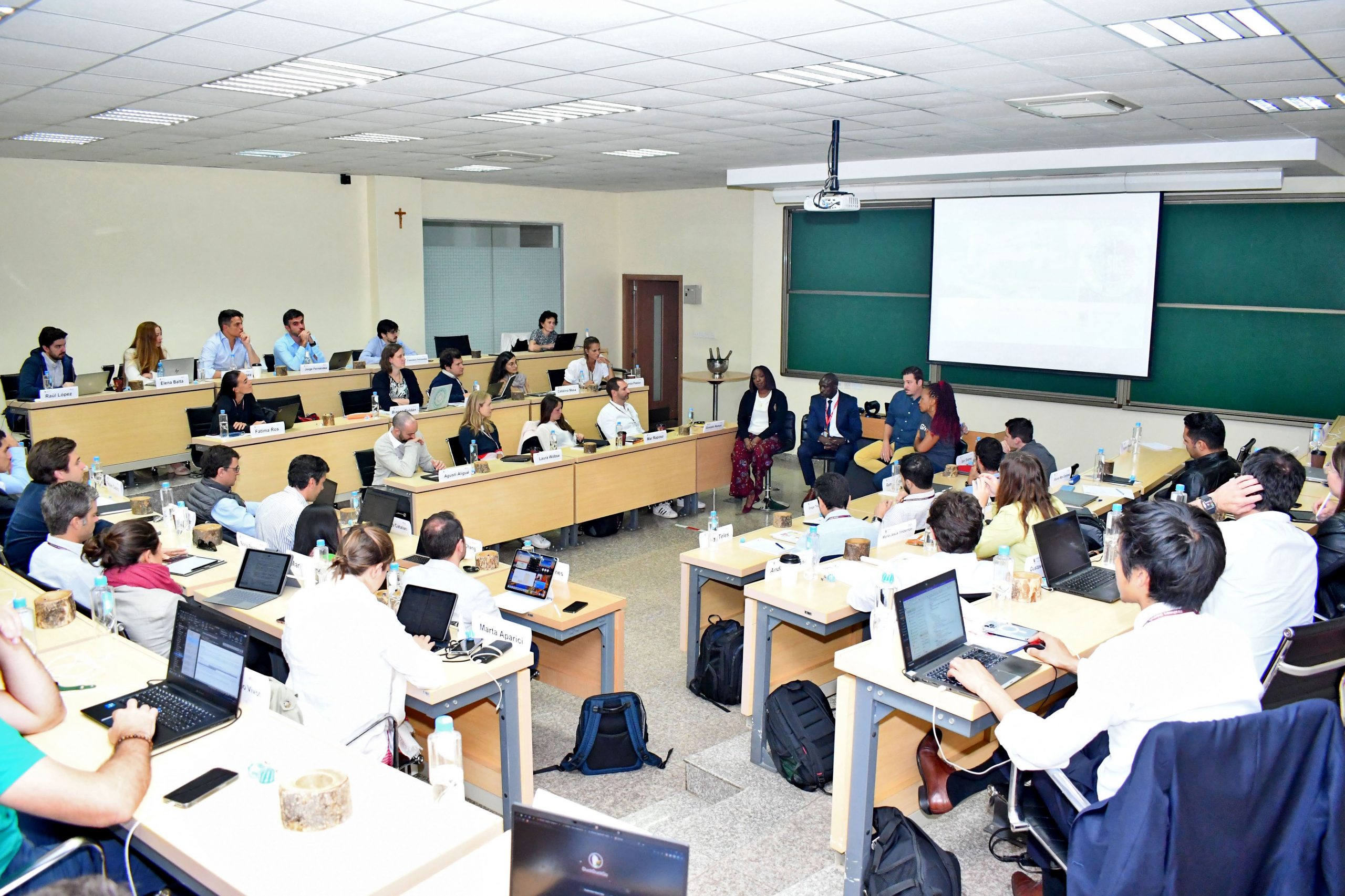
Home to the world’s largest free-trade area and vibrant entrepreneurial culture, Africa is a pioneering space for commercial innovation and a burgeoning pool for startups by foreign investors. The entrepreneurial drive in the region is significantly higher than in the rest of the world, with new businesses and funding for startups by expatriates springing up at an exponential rate. Africa is also the third fastest growing and most diverse region in the world.
However, Africa accounts for only 0.2 per cent of the value of global startups, despite the notable growth in funding for startups in the region over the past five to seven years. Undoubtedly, investment still lags behind the rest of the world. This is since the region presents distinctive challenges to new businesses as a result of the uniqueness of the continent’s emerging markets.
Africa’s potential as a growth market for businesses remains both underestimated and misunderstood- as does the potential for businesses to play a transformative role in solving the continent’s biggest challenges. In many parts of Africa, the cost of business is too high and markets are challenging to enter. Weak digital infrastructure and the digital-skills deficit in some African countries result in higher operational costs for startups in the continent. Investors are also likely to be deterred by fluctuating exchange rates, fragmented markets, lack of reliable information, cumbersome regulations and weak legal systems.
Towards the end of last month, we hosted 50 MBA students from IESE Business School in Spain, the second group this year, for the Doing Business in Africa Programme. Designed by SBS in partnership with IESE Business School, the Doing Business in Africa Programme aims to expose the IESE MBA students to business operations in Africa and by extension, doing business the African way. The Programme culminated in a guest speaker panel session on entrepreneurship where the visiting MBA students got the opportunity to learn more about the business landscape in Africa and some of the opportunities and obstacles that businesses looking to capitalise on the African market face.
The panelists: Daniel De Weerd, Founder of Gentex; Victoria Mulu, a Wine Consultant; and Priscilla Muhiu, General Manager, Glovo Kenya, gave their experiences in setting up and operationalizing businesses in Kenya. They also gave the participants insights and tips on how to navigate the business landscape in Kenya and East Africa at large.
The best business ideas emanated from unpleasant personal experiences. Such an experience gives the entrepreneur a unique view of the problem. However, what if the entrepreneur has not lived in the country they want to start a business in? What if they haven’t had a personal experience of the problem? What if the country they are moving to is a developing one with unreliable infrastructure, a large informal sector and cultural peculiarities that are different? This is the case for most startup founders and a notable example would be KUNE Food.
As a foreign investor, some of the key things that must be taken into consideration as your business enters a new market include the following:
Product- Market Fit. It is critical that as a foreign investor, you carry out enough market research to ensure there is a product market fit. This is crucial for a business because it enables you to assess the market appeal for a product before you dive into the production phase.
Social and Cultural Factors. Different countries have different cultural and social beliefs and practices. It is important that you understand the social and cultural nuances of the market you are targeting to create a product-market fit. The better you understand the potential target market, the easier it is for your business to provide customised products and services.
Economic Factors. Besides product market fit, you need to also assess the economic conditions and economic stability of the country to which you plan on expanding operations. Look at its economic growth and prosperity by studying the country’s trade patterns, Gross Domestic Product (GDP) and the stability of the currency.
Political and Legal Environment. The political stability and legal environment of a country are very critical for investors, both local and foreign. As an investor, you want to invest in a market that has favourable legal policies for foreign investments and one that has a stable political environment.
Business Capability. Before expanding to new markets, ensure you carry out an audit of its resources and capabilities. To succeed, your company should have clear competitive advantages in terms of product portfolio, technology, market knowledge, and partners, among other relevant parameters.
Market Attractiveness. The attractiveness of a market can be assessed through an evaluation of the market potential in terms of revenues that can be generated, access to the market, foreign investment policies and the potential competition and dynamics of the industry in the prospective market.
Starting a business is hard, and given the unique nuances of Kenya and the overall African ecosystem, it is without a doubt that starting a business in the region is an uphill task, particularly if you are a new entrant with zero knowledge or experience. Africa’s poorly connected startup ecosystem means that founders, particularly foreign investors, miss out on the support, advice, openings and knowledge exchange so vital to their existence. KUNE food undoubtedly built a brand and unique culture. They were out there and got people talking. They had the guts to do the impossible, which is a significant characteristic of entrepreneurship. They got on the wrong side of the risk curve but it is through such activities that creative disruption is nurtured and future value is built.
About the MBA for Executives Programme
The MBA for Executives Programme is designed for individuals with at least 2 years of managerial experience who are looking to broaden their knowledge and expertise. This Programme will help you develop your talent and harness the competencies necessary for the next level by unlocking your inner potential. We offer two modes of learning for the MBA for Executives Programme: evening and modular. The 2023 intake for the MBA for Executives Programme is ongoing. Apply here!
Article by Juliet Hinga and Michelle Nthemba
Would you like to share an article? Write to us at sbscommunication@strathmore.edu
Share This Story, Choose Your Platform!
Your journey to business excellence starts here. Subscribe today and be at the forefront of innovation and leadership.









